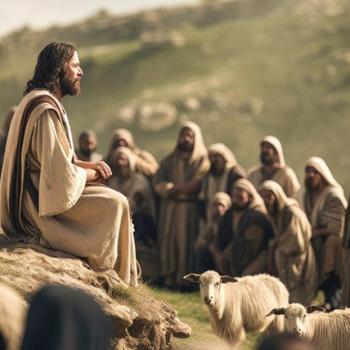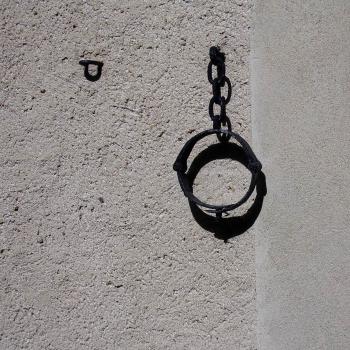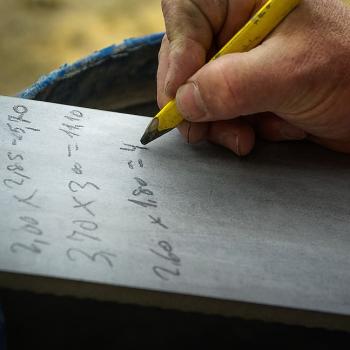Everyone but the All Nations missions organization seems to agree that John Chau was not prepared for his trip to the North Sentinelese people. Most writers do not give a lot of specifics, though Ed Stetzer and others stress that Chau at least should have gone with a team.
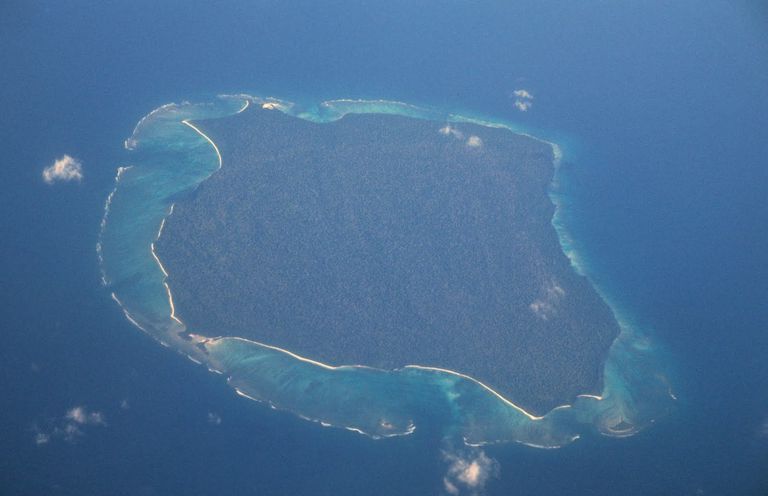
In this post, we will look at how the church views missionary training and then offer a few specific suggestions I’d have given Chau and All Nations.
The most undertrained people in the church?
My previous post identified several types of confusions that compromise missionary training and service. When Christians confuse passion with preparation and sincerity with skill, systemic consequences emerge.
For example, ask yourself, “Typically, who are the most undertrained people who serve as full-time, vocational ministers?”
Consider first what churches expect of their pastors. In the States, attempting seminary or some comparable training is a standard expectation. Elsewhere in the world, pastors are expected at least to seek further theological training when the opportunity arises. Theological education as well as basic counseling and speaking skills are considered fundamental to the job.
How would I answer my own question? I suggest that missionaries are the most undertrained people among the church’s vocational workers.
Reflect on the task missionaries are called to do. They must engage in the kind of activities that pastors do, yet they do so in foreign cultures. They must work in 2-3 languages. Missionaries must grasp countless nuances of the cultural and religious landscape in which they serve. They must overcome much misunderstanding and prejudice, in others and in themselves. The isolation and logistical difficulties further compound their stress. The list of challenges could go on.
Yet, compared to pastors, most missionaries must satisfy a far lower set the requirements before going to the mission field. Most agencies require either a high-school diploma or a bachelor’s degree. The exceptions require career missionaries to pass only 4-6 introductory seminary courses, consisting mainly of basic theology and/or anthropology.
When this level of training is the norm within missionary subculture, it is no surprise a 26-year old man and his sending agency would think himself ready to live among a hostile island tribe after only one prior visit, which ended with their hostile response.
People speak about Chau not being prepared. But why? Because he was killed? What about missionaries serving elsewhere? Is the underlying problem really so different? Might problems be masked by the fact that the consequences are less obvious? Because people are not being killed with arrows does not mean we should not look deeper at our training and strategies.
Why Chau’s trip was premature
Christianity Today interviewed Mary Ho, the international executive leader at All Nations,
Chau’s mission agency. See below for the interview.
I’d commend Chau for his initial steps in preparation. Yet, I would equate his preparation to someone who has walked a half mile up Mount Everest after doing only 1–2 rounds P90X. During his first visit, Chau gave the islanders some sort of gift and tried to acclimate them to himself. He kept himself in good physical fitness.
All Nations grossly overestimated the significance of Chau’s background. Ho describes Chau as having been in the “medical field” and having a “background in medicine.” At Oral Roberts, he majored in Health and Exercise Science (Sports Medicine). According to the school’s websites, the degree prepares people for “becoming a personal trainer or organizing and administering health fitness programs in one of several settings including health clubs, corporations or medical facilities.” Reportedly, Chau was a wilderness EMT. What does that mean? NOLS runs of the most respected wilderness EMT programs anywhere. To get certification, one must take an “intensive, month-long program.”
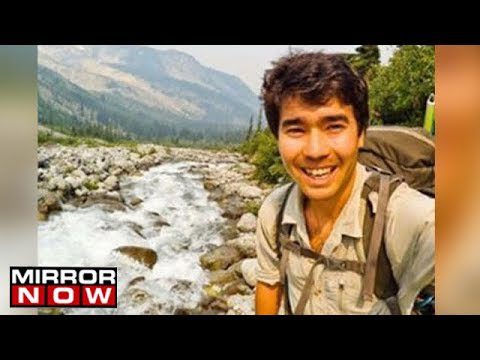
So, given that we are talking about ministering to North Sentinelese people, to say Ho had a “background in medicine” is quite a stretch.
Chau worked at a national park, helped with soccer camps, receiving introductory linguistics training from SIL, and, according to Ho, he “was acquainted with all the writings of cultural anthropology.” Does that resume give us any reason to think someone could succeed in this endeavor? Ho acknowledged that Chau only contacted All Nations 2 years ago.
Is that long enough for them to estimate his readiness?
A few simple suggestions for next time
In this circumstance, there are no guarantees for success. As I wrote before, outcome is not the measure of a sound process for preparation. Yet, here are a few improvements to Chau’s strategy that could be used by others in the future.
Yes, I agree that such an effort to reach people North Sentinelese should be conducted by a team. (In this specific case, it is probably fortunate that Chau did not go with a group. They likely would be seen as a bigger threat and even more people would have died.)
These veteran missionaries should have experience working among more isolated tribal peoples. The team should include survivalists and medical specialists. They should cooperate with experts in various disciplines to gain the insight needed simply to win the North Sentinelese’s acceptance (to say nothing of accomplishing more).
In order to help the North Sentinelese to become accustomed to strangers, a much longer, thorough, and consistent process is needed. On this side of things, we can only guess at a time table. Perhaps it would take months or years.
The comparison between Chau to Jim Elliot fails for several reasons. To mention just one reason, Elliot and his friends had long studied a near language of that spoken by Quechua people (whom they sought to reach). They spent years as a team learning and adjusting their approach to meet the needs of their mission.
India’s restricting outsiders from accessing the island complicates any plan to reach the North Sentinelese, but if we want to have success in the long run, we do not short-circuit the process.
For more information:
See the last words in Chau’s journal.
An extensive summary of Chau’s background
All Nation’s audio interview with Christianity Today.



